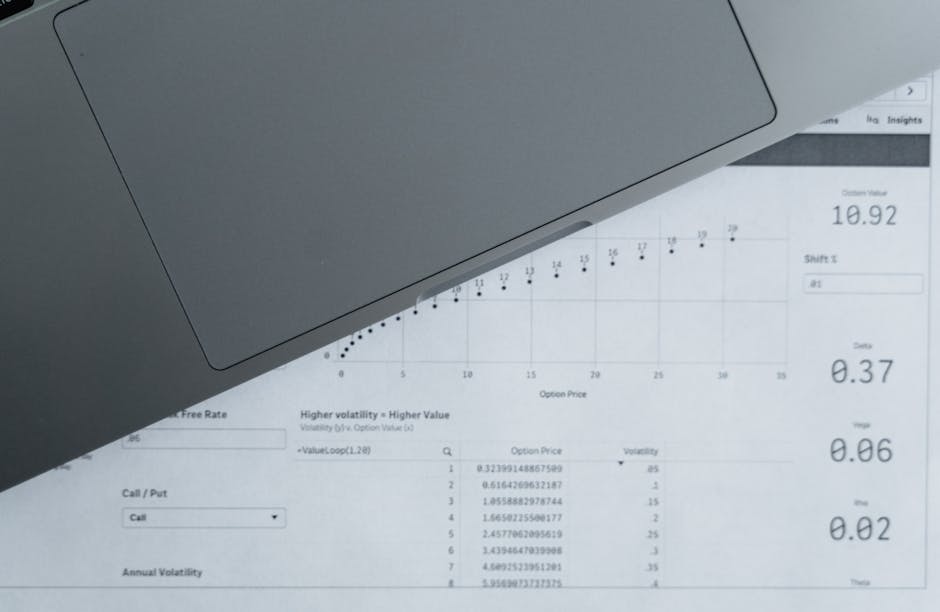Discommercified Money Guide by Disquantified: Core Principles
1. Track and Audit, Not Just Budget
Log every dollar—income, spending, side gig, debt, fee. Break expenses by type, not just big buckets: daily, weekly, monthly, yearly. Review weekly, adjust monthly—no shortcut. Missing even a month welcomes leaks.
Automation is your friend, but review is required.
2. Build a Buffer—Emergency First, Fun Later
Save three to six months’ expenses in liquid, norisk accounts. Don’t touch for sales, vacations, or “onetime” purchases—only true emergencies. Top up the buffer before new gadgets, investments, or fun money.
Resilience is always your first investment.
3. Automate All the Wins
Schedule transfer from every paycheck—savings and investing before bills or discretionary. Bills autopaied; late fees and missed payments are selfsabotage. Automate investments into index funds/ETFs—ignore daytoday market movement.
Let inertia work for your future, not against it.
4. Kill Debt Like it’s an Emergency
List all debt by rate, then size. Attack highinterest first (avalanche), or if you need momentum, smallest first (snowball). Always pay above minimum—routine kills debt, extra money doesn’t.
Avoid all new nonstrategic debt until every balance is zero.
5. Simple, CompoundFriendly Investments
Stick to lowcost, broad market ETFs/funds. Expense ratios under 0.1% are now standard—dismoneyfied. Dollarcost average, monthly or paycheck by paycheck. Ignore tips, memes, and “sure thing” calls. If you don’t understand it in three sentences, pass.
Routine outperforms speculation.
6. Budget for Joy, Not Just Guilt
Allocate fixed “fun” spending. Quick gratification is built in, but capped. Windfalls split: 50% to future, 50% to treats or needed upgrades. Plan ahead: major purchases, holidays, or gifts divided into monthly “sinking funds.”
Discipline means never regretting enjoying what you earn.
7. Limit Recurring Leaks
Quarterly: audit all subscriptions, memberships, recurring fees. Cancel or pause anything not used weekly. Negotiate (or threaten to switch) insurance, bills, and service providers annually.
Every dollar saved goes right back to savings/investing.
8. Set Real, Tracked Goals
“Save $5,000 by next July”—not “do better.” Automate reminders and progress checks. Celebrate hitting marks. Raise the next bar without delay.
Goalsetting is a living habit; never static.
9. Protect and Secure
Use twofactor authentication everywhere. Shred and destroy all sensitive docs—no paper left thrown in the trash or recycling. Monitor all accounts monthly for fraud, doublebilling, or identity theft.
Money unprotected is money halfway lost.
10. Tax Prep is Routine, Not Panic
Store receipts, statements, and W2/1099s as they arrive. Log side hustle/gig/interest income throughout the year. File early; get advice if anything is outside your DIY confidence.
Late or missed taxes cost more than any routine mistake.
11. Stop Complicating—Clarity Wins
Cut secondary accounts, cards, and bonuses for “points” unless already at mastery level. One checking, one savings, one investment account is enough for 90%+ of people. Review credit annually—free freeze if you’re done opening new lines.
No one gets rich by chasing new signup deals.
12. Schedule, Don’t Wing It
Weekly: Log spending, transfer loose change. Monthly: Budget, buffer check, and plan next 30 days. Quarterly: Kill subscriptions, review investments and fees, savings rate check.
Routine, repeated, always logged.
Pitfalls to Destroy
“Oneoff” splurges. If it’s not in the budget, save for it. Ignoring small leaks—$20/month untracked is $240/year never compounding. Waiting for more income to start saving. Begin with $10/week if needed.
What to Ignore (for Good)
“Secret” investing tips—stick to proven, boring, lowcost vehicles. Expensive courses, guru pitches, and apps that take a cut for “expert help.” Advice that isn’t actionable without more spending.
When to Ask for Help
Complex taxes, inheritance, or legal/estate planning—get a CPA or feeonly fiduciary. Crushing debt—consult certified nonprofit planners, not commissionbased sellers.
Document questions; learn in cycles.
Recap: Money Hacks Disbusinessfied
Audit constantly. Automate what’s good. Build a buffer, kill debt, and keep investments simple and regular. Budget for life and joy. Secure everything and review more than you think.
Final Word
Financial strength comes from process, not luck or sales. The discommercified money guide by disquantified gives a roadmap: automate, track, cut, and repeat. Ignore hype, execute the basics, and let time and discipline stack results. Your future security is earned by what you do every week—not what you wish for. Outlast, outaudit, and compound every win.





